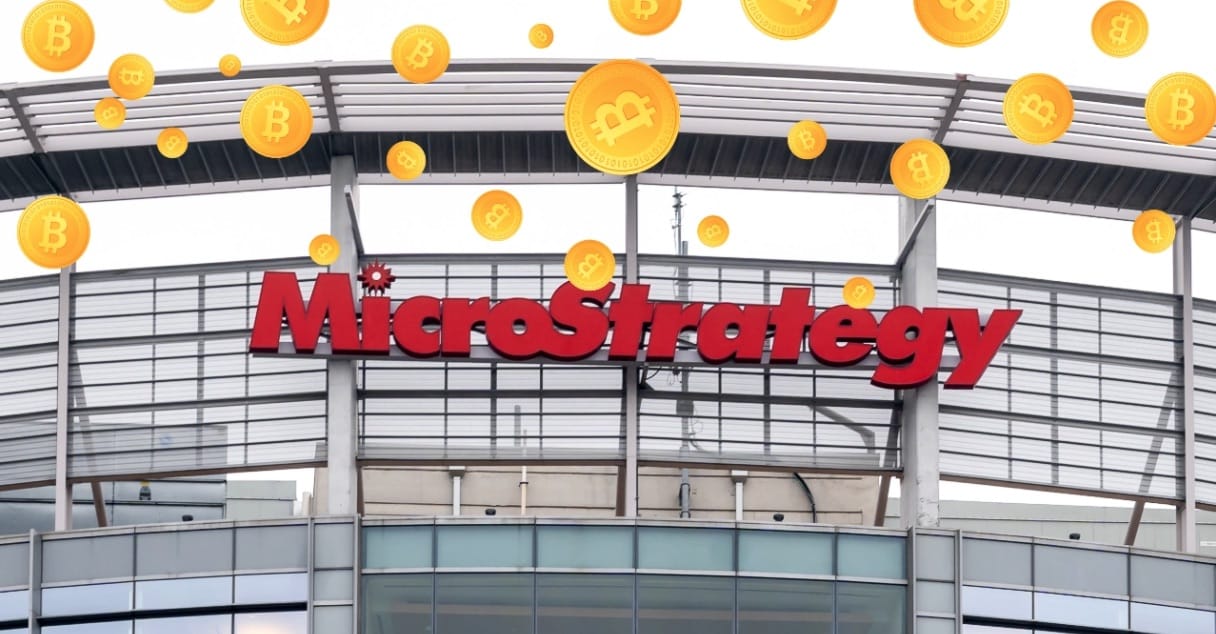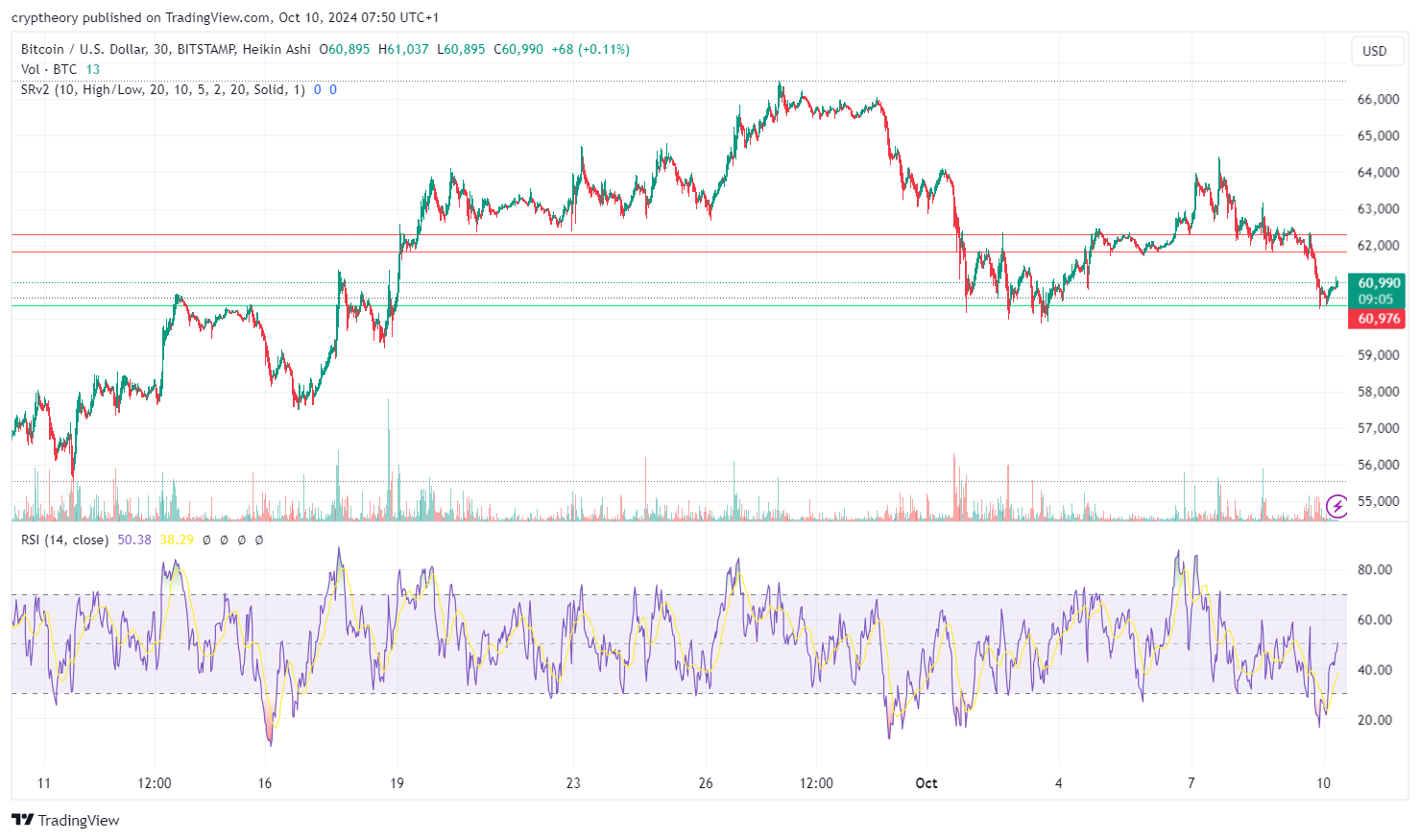The cryptocurrency market provides investors with a great opportunity to profit from cryptocurrency fluctuations. However, investors should beware of market scams as a whole, including metaverse and NFTs.
While the metaverse industry is one of the hottest topics right now, not everything that uses the term or focuses on the concept is a good buying opportunity. After all, in some cases, it can mean despair for investors.
Fake metaverse cryptocurrency
Recently, a cryptocurrency that claimed to be focused on the metaverse took several investors to the wall, stealing millions of dollars.
Using the name of Animoca Brands, the company responsible for investing in metaverse games such as Axie Infinity, Star Atlas, Gala Games, among others, scammers created a token called Animoca Brands Metaverse (ANIMOCA) claiming that it belonged to the company.
To attract investors, the scammers launched the token on the decentralized exchange Uniswap. Quickly, they raised millions of unsuspecting investors.
As soon as it learned about the case, Animoca Brands issued a warning about the scam. The company reported that it had no relationship with the project and that there is no company cryptocurrency on the market. In addition, he recommended investors who bought the asset move the funds to another portfolio to avoid further scams.
“If, on the one hand, decentralized finance frees users from the supervision and rules of financial institutions and regulatory bodies, they also disregard legal means and resources in cases of cyber fraud,” said Ulysses Monteiro, solutions manager at Mantis.
According to Monteiro, when an investor explores cryptocurrencies, he should know how cybercriminals profit.
“To write a smart contract on popular blockchains like ETH or Binance Smart Chain, no qualifications or advanced coding skills are required. As such, it is not uncommon for people to create vulnerable smart contracts. And that’s exactly what cybercriminals are after. They exploit these contracts to receive the funds in lieu of the legitimate recipient”, explained Monteiro.
According to the expert, smart contracts on new and less tested blockchains tend to be more vulnerable.
The vulnerabilities could allow attackers to steal exposed wallet API keys, flood the network with spam transactions and carry out 51% attacks.
“In the world of cryptocurrencies, you are your own bank. In other words, all the necessary research and protection measures that banks would take on in the digital universe are their responsibility. Knowledge is power, more than ever”, he concluded.






















